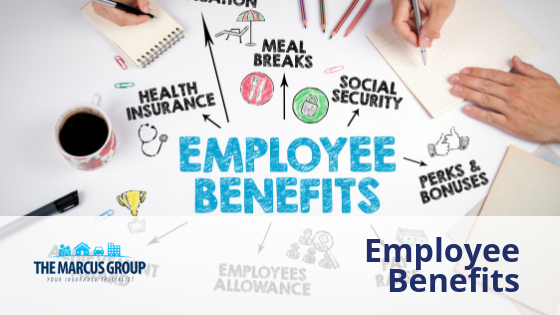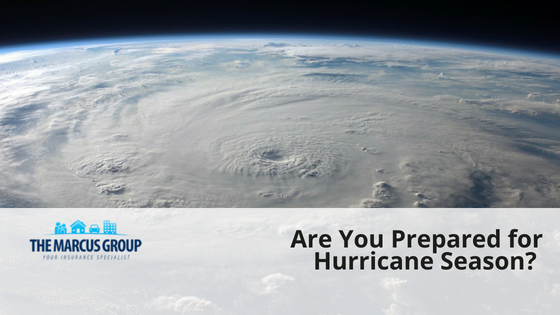
Providing employee insurance benefits in Florida
March 20, 2019
What does flood insurance cover?
May 20, 2019Hurricane season is from June 1st through November 30th, and in Florida, experts are predicting a very active hurricane season, much like 2018. May is hurricane preparedness month and we have some tips to keep you and your home safe and secure.
Know Your Zone
Is your home in a high-risk area for floods? Knowing this information is import prior to a hurricane making landfall for several reasons. First, whether your home is located in a flood zone or not will affect your requirement for flood insurance. In addition, when authorities issue evacuation orders, they are announced by zone. Check to see if your home is in a high-risk area here: https://msc.fema.gov/portal/search
Flood Insurance
When most people prepare for hurricanes, they board up their windows and secure their belongings. But another threat most don’t consider is the potential for floods. You don’t have to live on a lake or the ocean to experience catastrophic floods. Residents in Louisiana and Missouri experienced this in Hurricane Katrina. Even miles and miles inland, homes were devastated after a breach in the levees. In 2017, the Houston area saw unprecedented flooding during Hurricane Harvey. It’s important to know that most homeowner’s insurance policies do not cover flood damage and a separate flood policy should be purchased.
Be Prepared
Before the evacuation orders are issues, you should have a plan in place where to go and when you will leave. In 2017 thousands of Florida residents tried to evacuate the state and spent hours, and in some cases, days, stuck in traffic. In northern Florida, Georgia, and Alabama, hotels were full and residents had nowhere to stay. Experts recommend evacuating inland, even a few miles and don’t recommend trying to leave the state.
Prepare Your Home
Now is a perfect time to trim trees and asses outdoor objects that can become projectiles. Hurricane impact windows or shutters are the best protection for your home. One budget-friendly option is to visit local Habitat For Humanity locations for shutters. A portable generator will help minimize inconveniences and discomfort after the storm should you lose power. You should also have a chainsaw ready in the event trees are down around your home.
Create a Survival Kit
Assembling necessary supplies prior to the hurricane will help avoid not being able to obtain items when store shelves are emptied, panicked residents. Your hurricane kit should include:
• Flashlights and batteries
• First Aid Kit
• Backup batteries for cell phones and small electronic devices
• Water – at least one gallon per person for at least 3 days
• Medication
• Gasoline for generators and propane gas for grills
• Food –a 3 day supply of non-perishable food
• Baby wipes and hand sanitizer
• Fire extinguisher
Download a complete supply list from FEMA here: https://www.fema.gov/media-library/assets/documents/90354
Planning and preparation can make all the difference in surviving the storm before, during and after the next hurricane.




